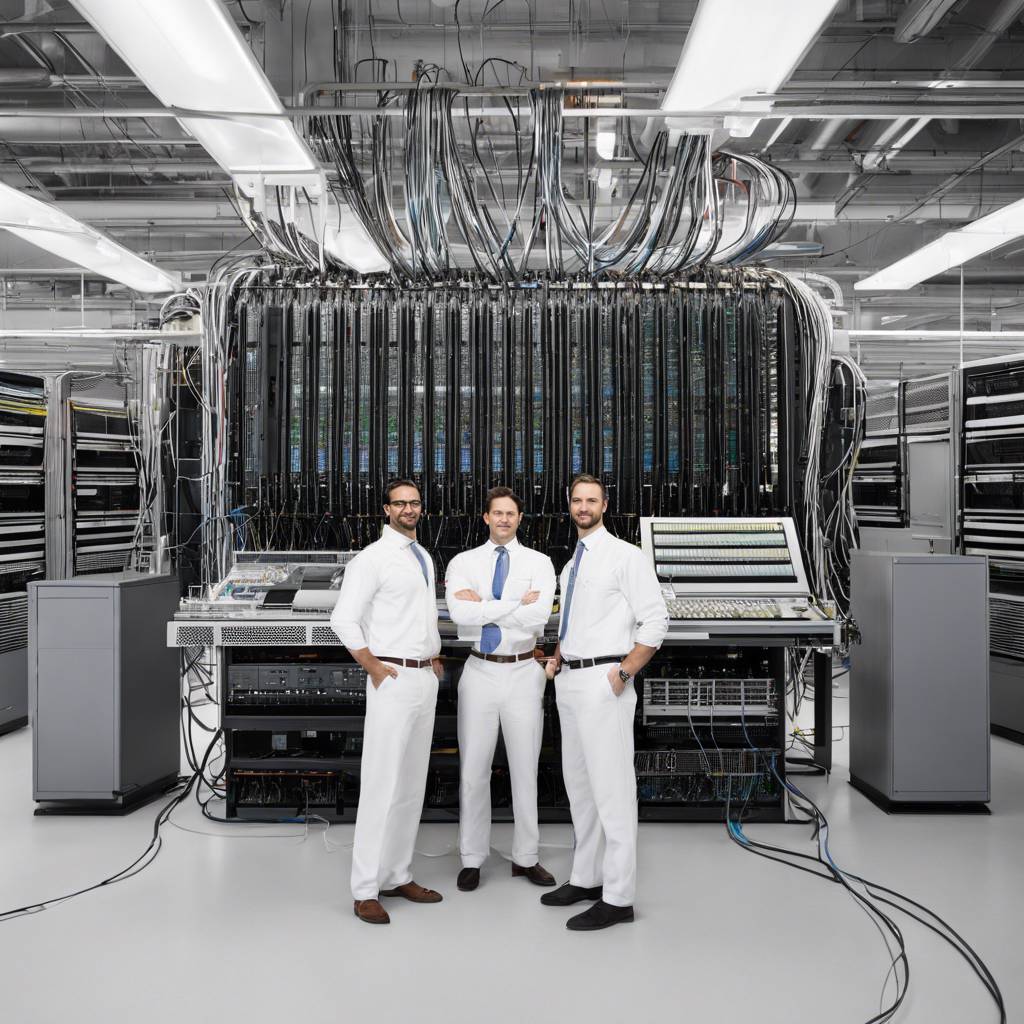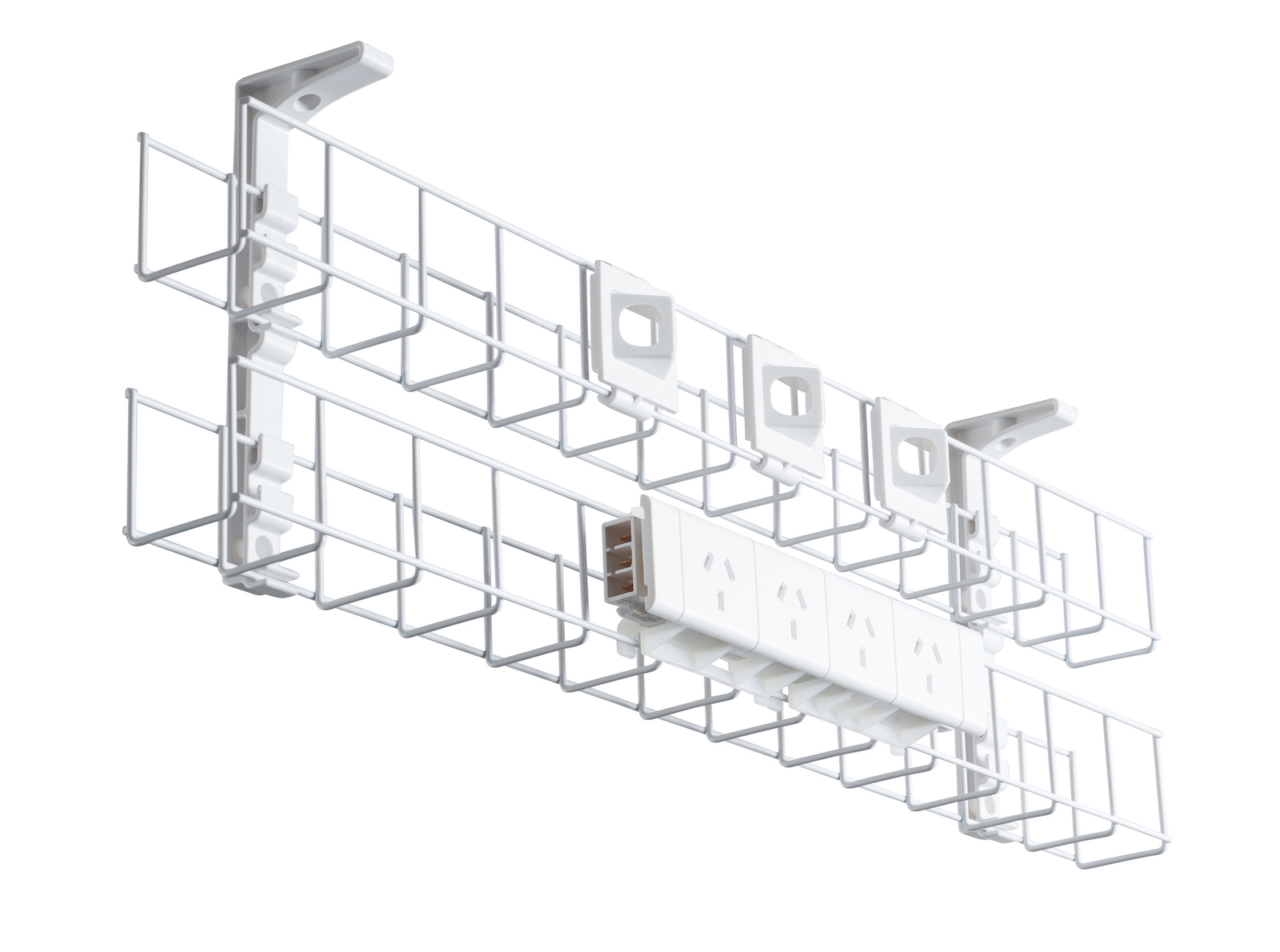
Ample Reasons to Distrust AI, but Employee Confidence Grows
Artificial Intelligence: A Game-Changer for Business and Employee Dynamics
In the landscape of contemporary commerce, a revolutionary force is fundamentally reshaping the way we work: Artificial Intelligence (AI). Once the domain of science fiction writers and the tech-elite, AI now stands at the forefront of business innovation, offering tantalising possibilities as well as probing questions about its broader impact.
The thought of AI has certainly stirred a mix of skepticism and apprehension, fuelled by concerns around misinformation, intrinsic biases, and the stifling of human creativity. Employees, particularly those in well-established sectors, might fear the redundancy of their roles as AI systems advance. Yet, the tide of opinion appears to be shifting: a substantial majority of customer support and sales professionals are not only receptive to using AI but are beginning to recognise its profound potential to augment their work.
The Aircall AI Index throws light on a striking level of confidence among workers, with 70% in customer support and 65% in sales viewing AI as a boon to customer-facing operations. Rather than clashing with human ingenuity, AI is being seen as a complementary tool that could enrich creativity and personalisation in business.
The mindset must pivot from resistance to collaboration, acknowledging AI as the powerful ally it can be. In practice, ‘strategic copying’, or innovating by emulating successful examples, plays a central role in this transformative journey. By harnessing AI tools, employees can repeatedly test and refine processes, boosting productivity and sparking greater creativity in the process.
AI enables an enhanced understanding of customers by sifting through vast data pools gathered from interactions and usage patterns. Such insights can be the bedrock for refining messaging, personalisation, and elevating the overall user experience.
One striking example is a smart-home technology firm that stepped up its game by using AI to orchestrate product recommendations and upgrade its communications strategy. Their commitment to rigorous A/B testing paid off, witnessing a noticeable increase in their direct-to-consumer package value—a testament to the power of AI in driving business growth.
AI’s capacity extends beyond processing data to stirring innovation. Around 33% of marketers tap into AI for initial idea generation, proving its potential as a catalyst for creativity. Opponents may argue AI could depersonalise interactions but consider this: by automating routine tasks, AI could actually free humans to engage more deeply and meaningfully with one another.
The promise of AI in streamlining administrative processes is already taking hold, with a majority of teams employing generative AI for such tasks, and even more planning to use it for analytics and creative endeavours. Streamlining work such as onboarding and transactional communications could allow employees, particularly in sales and support, to reclaim precious time and devote it to fostering genuine customer connections that drive conversions.
As with any technological advancement, though, AI is not without its challenges. Generative AI raises valid concerns around data security and privacy, especially in systems that lean heavily on personal data for functionality. The risk of data breaches, exemplified by incidents with AI platforms like ChatGPT, highlight the delicate balance that must be struck between innovation and privacy.
Businesses seeking to harness the power of AI must work towards an ethical framework where privacy and AI tools coexist harmoniously. By dedicating sufficient time for AI training and making judicious investments in new technology, companies can navigate these complex waters while fostering enriched, human-centric interactions.
In conclusion, AI’s emergence is a transformative wave sweeping across the corporate world, poised to redefine our professional lives. Yet, it beckons us not to the edge of a precipice but to a frontier of opportunity—for those ready to embrace it. Employees and businesses alike can thrive in this new era of AI by refining their approach to decision-making, embracing the electric height adjustable standing desk for dynamic workflows, and understanding the health benefits of an electric stand up desk. These adaptations promise not only to boost productivity but also to fuse innovation with the irreplaceable value of the human touch.





